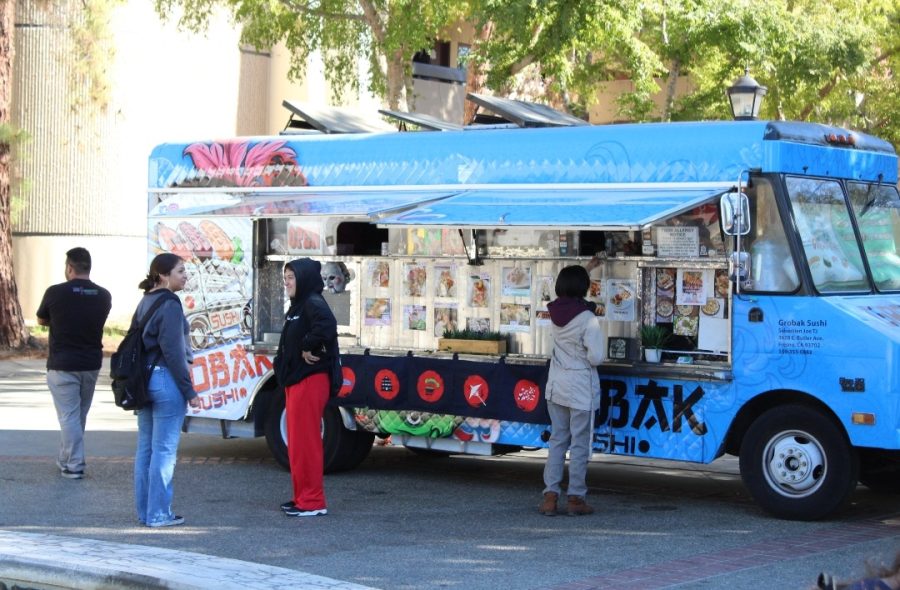We elected a man who we would rather have a beer with than two men who probably understood the fermenting process. What Bush understood about politics appealed to the common man; taxes should be low, terrorists should be caught, and the government should be small. However, much like his wild college years, he did not understand the full impact of his decisions. His political theories were tragically innefective.
Cutting taxes on the super-wealthy did not have the desired effect of trickle-down economics. His father, former President George HW Bush, quite ironically, had dealt with this dilemma during the late 1980s and early 1990s. One must wonder what advice he might have given his son (if any) on such a fragile plan. The economy is not a zero sum game, however when the smaller ships are not cared for and nurtured, a rising tide will not lift all American ships to wealth.
After the terrorist attacks on September 11, the country had a dire case of extreme bloodlust. Not only did we want justice, we wanted revenge. Emotion clouded our judgment, leading to rash decisions. Invading Afghanistan was a justified decision. The terrorists clearly responsible were hiding out in the mountainous terrain in the Middle East. However, the invasion of Iraq was, in retrospect, a wrong decision. Many liken it to the invasion of Vietnam; an unclear and unfamiliar enemy, fighting guerrilla tactics even Americans were not used to. The war was not on a country, but on an organization and even more fatefully, on an idea. The military is meant to fight wars; soldier vs soldier, however terrorists are more akin to the Italian Mafia than to the German Army. The War on Terror is not a brute-force, might makes right assault on a country fought out in the open, rather, it is a delicate and tactful struggle against criminals assaulting the innocent civilians of planet Earth fought in the shadows, and therefore should not have been a military campaign, but CIA.
The economic bailouts were too little too late. The graft and corruption of foul Wall Street and car company executives were not dealt with soon enough. All of the tell-tale signs of an economic collapse were there; the credit crunch, all too good to be true loans, and near-cartel like connection between Haliburton and Dick Cheney should have all been writing on the wall to not only President Bush, but his whole cabinet.
His executive decisions were based on intuition and principle rather than intellect patience. It is as though he saw himself as a symbolic leader; a face that innectively advised his country rather than lead it.



